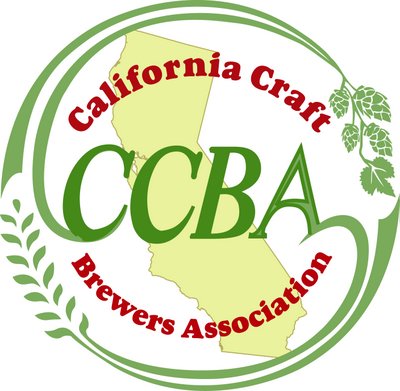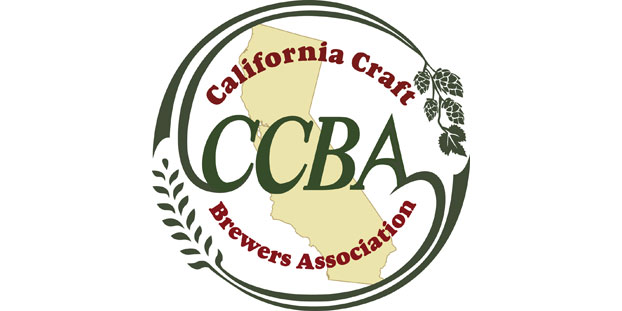
The third tier of the beer industry, when running as it should, plays a crucial role in separating beer producer from retailer and establishing an independence in the system — which was a big deal back when Prohibition was enacted and then repealed.
But we know it doesn’t always work this way, with Big Beer companies using their influence to monopolize the portfolios of some wholesalers and, sometimes, incentivizing both the wholesaler and the retailer to favor its products over others. This story from Missouri comes to mind, where gifts of refrigerators were promised in exchange for preferential treatment.
A precedent may now be set to more firmly establish that barrier again among the tiers. In a 10-1 decision, Judge Paez of the U.S. Court of Appeals for the 9th Circuit, upheld California’s Tied-House law which prohibits beverage alcohol manufacturers and wholesalers from providing anything of value, directly or indirectly, to retailers in exchange for advertising their alcoholic beverages.
The original challenged to this was brought by Retail Digital Network (RDN), a company that would solicit supplier/wholesaler funds to operate kiosks in retailer accounts and share revenue with the retailer. When the California ABC informed RDN that this practice was prohibited under state law, RDN filed a lawsuit asserting that the regulation violated the First Amendment’s limits on commercial speech. Federal law and the alcohol laws of a vast majority of states contain similar restrictions to the challenged California law.
Initially, the District Court ruled against Retail Digital Network, but then in early 2016, a panel of the Ninth Circuit reversed that and a full court rehearing was granted. This 10-1 decision is the result of that rehearing.
Both brewers, distributors celebrate
“The CCBA has been deeply engaged in the RDN vs. ABC case for nearly two years,” said California Craft Brewers Association Director Tom McCormick. “This case had enormous implications for our members as well as for craft brewers across the country. If the courts had ruled in favor of the plaintiff, it would have struck down as unconstitutional code section 25503(f)-(h), which prohibits alcohol beverage suppliers from giving anything of value to retailers in exchange for advertising their products. Striking down this tied house provision would have allowed retailers to charge suppliers for such things as sign and other POS placement, in-store displays, listing of a brand on beer menus, tap handle placement and other forms of advertising. It is clear who would win in that scenario — big alcohol companies who have tremendous resources and who could easily out-spend small craft brewers, giving big alcohol further dominance in the craft beer space.”
The CCBA expended a great deal of time and resources on this effort, including the submission of two amicus briefs (written arguments) at different stages of the case and worked in close conjunction with the California Beer & Beverage Distributors and a few other stakeholders who were interested in preserving tied house laws.
“If this case had gone the other way, which the Ninth Circuit court had initially indicated in a previous three-judge panel ruling back in January, it would have further opened up all tied house laws to legal challenge which would have led to the ‘complete evisceration of tied house’ laws, as stated by ABC counsel Matthew Botting.
The National Beer Wholesalers Association (NBWA), along with the Wine and Spirits Wholesalers of America, also filed an amicus brief in support of the State of California in this case.
“The 9th Circuit ruling today is a significant win for state-based alcohol regulation and statutes designed to prevent vertical integration and preserve the independence of each tier in the alcohol industry,” said NBWA President and CEO Craig Purser. “This is an important decision for responsible alcohol regulation and avoids a dangerous precedent that would have undermined states’ primary authority to regulate alcohol.”
So, will this echo beyond California? It is certainly possible. Here’s a view from the legal analysts at Lexology:
The en banc Ninth Circuit decision represents a substantial victory for defenders of both federal and state tied-house laws and related statutes and regulations. It also could become a substantial precedent, as it reflects the views of the entire Ninth Circuit, not just a panel, in a case widely followed by the industry and by First Amendment observers. That high profile also means an attempt to seek Supreme Court review seems likely.






Leave a Reply
You must be logged in to post a comment.